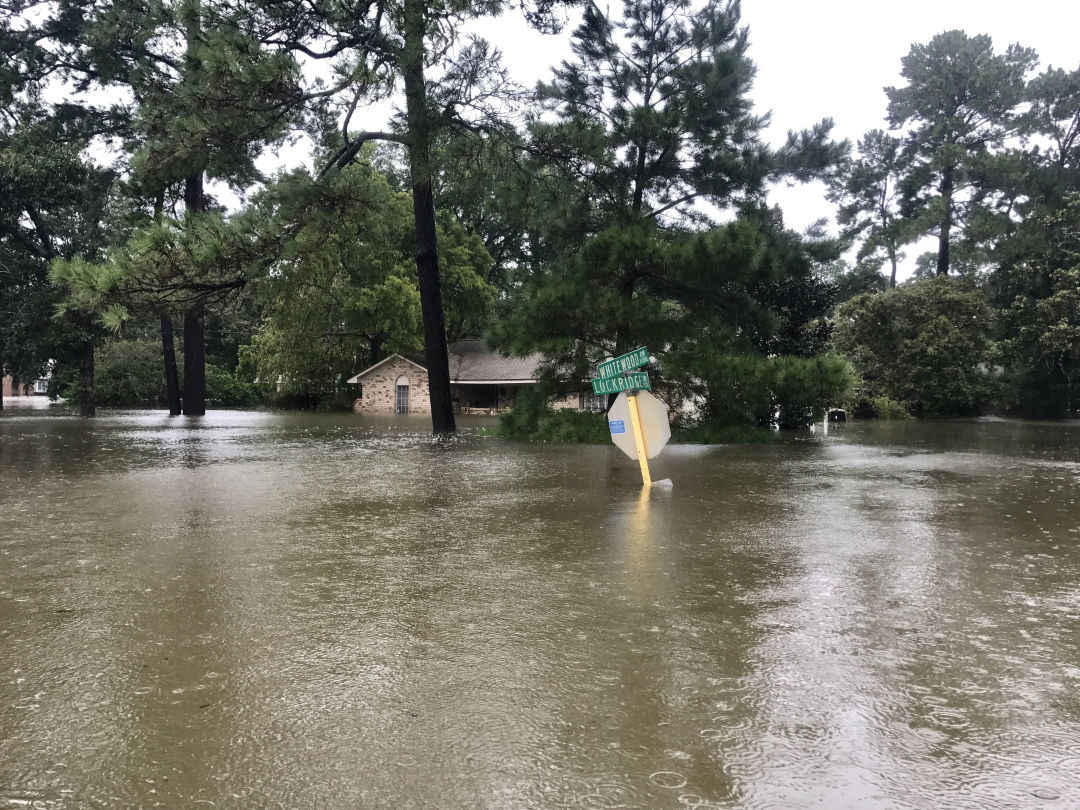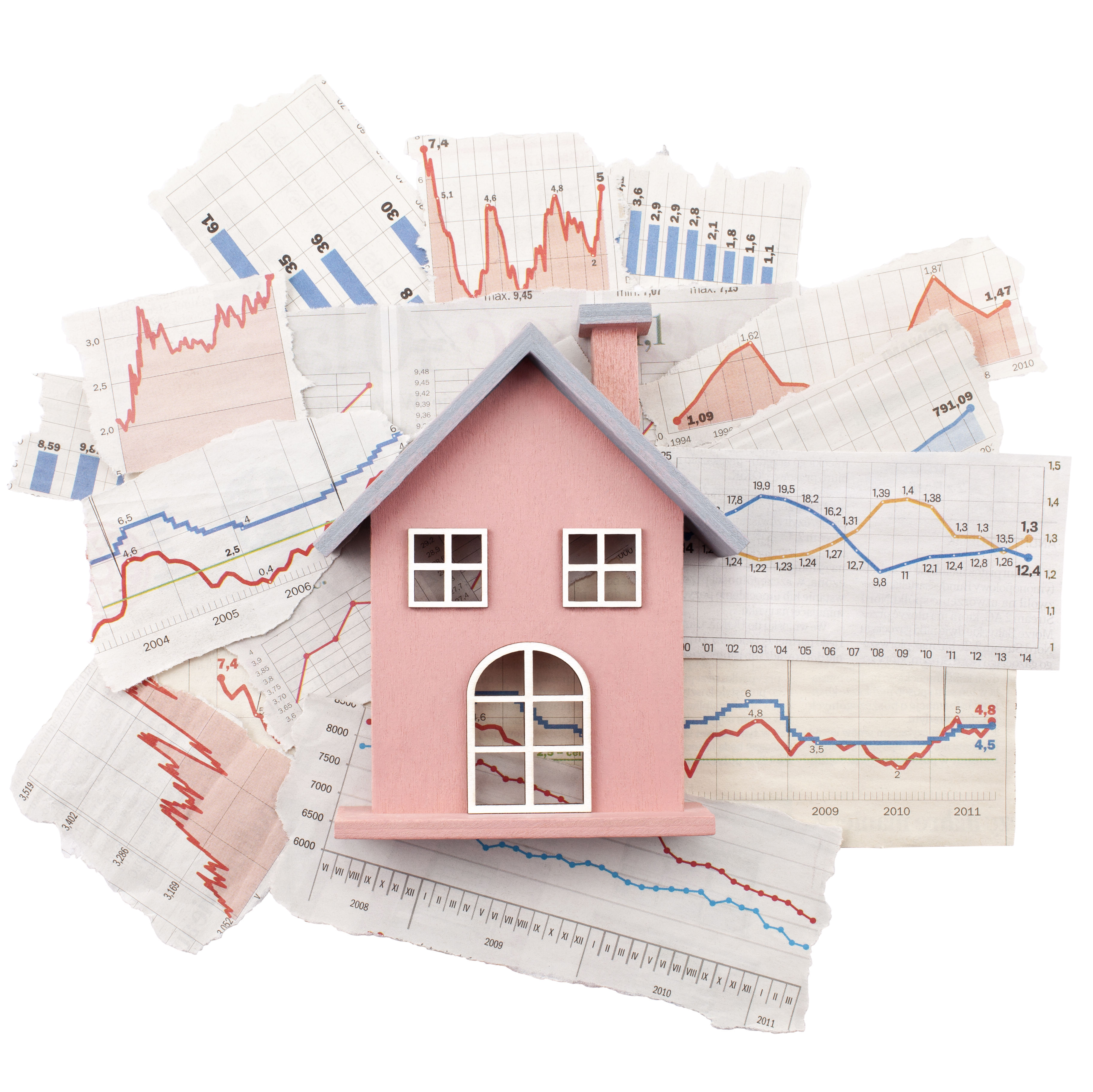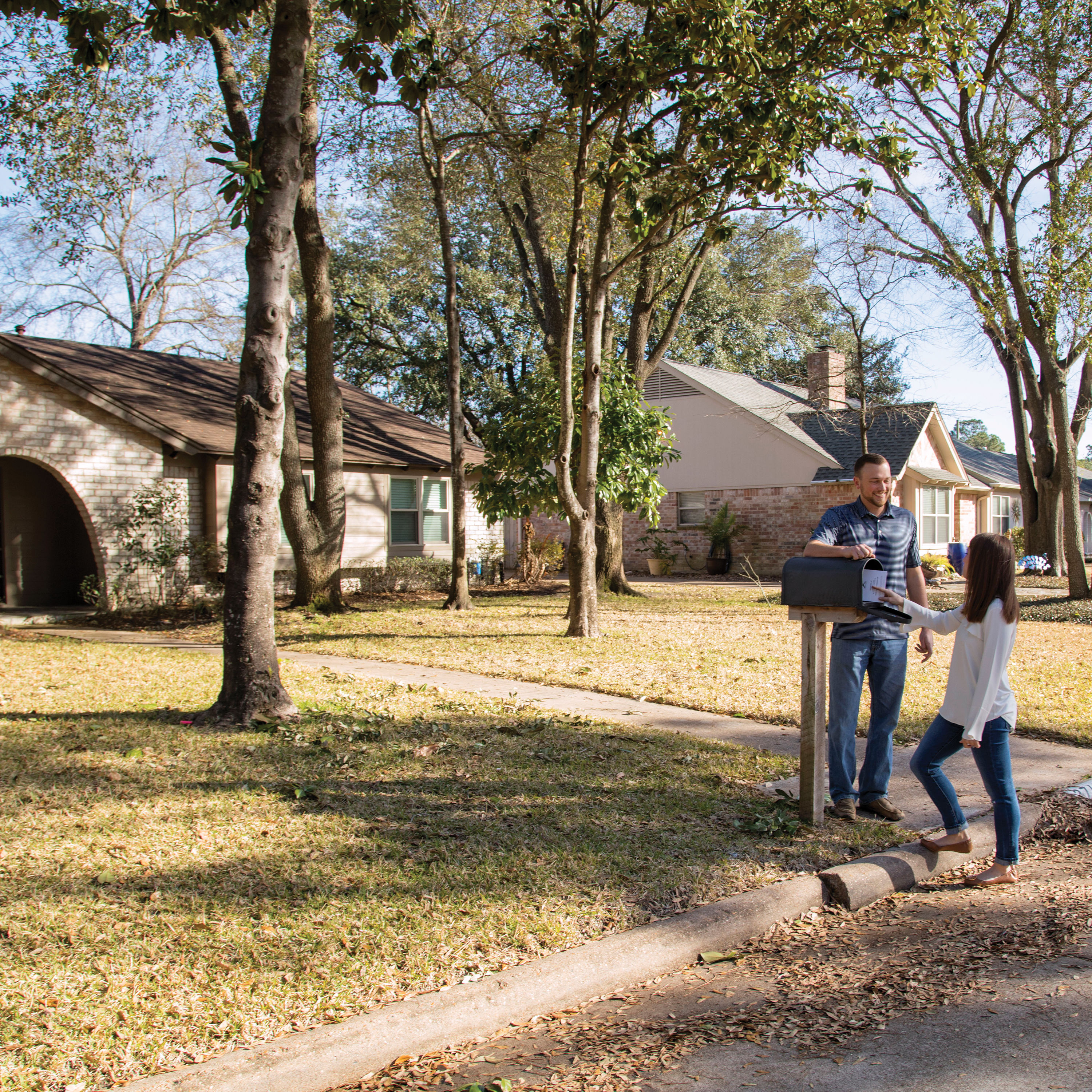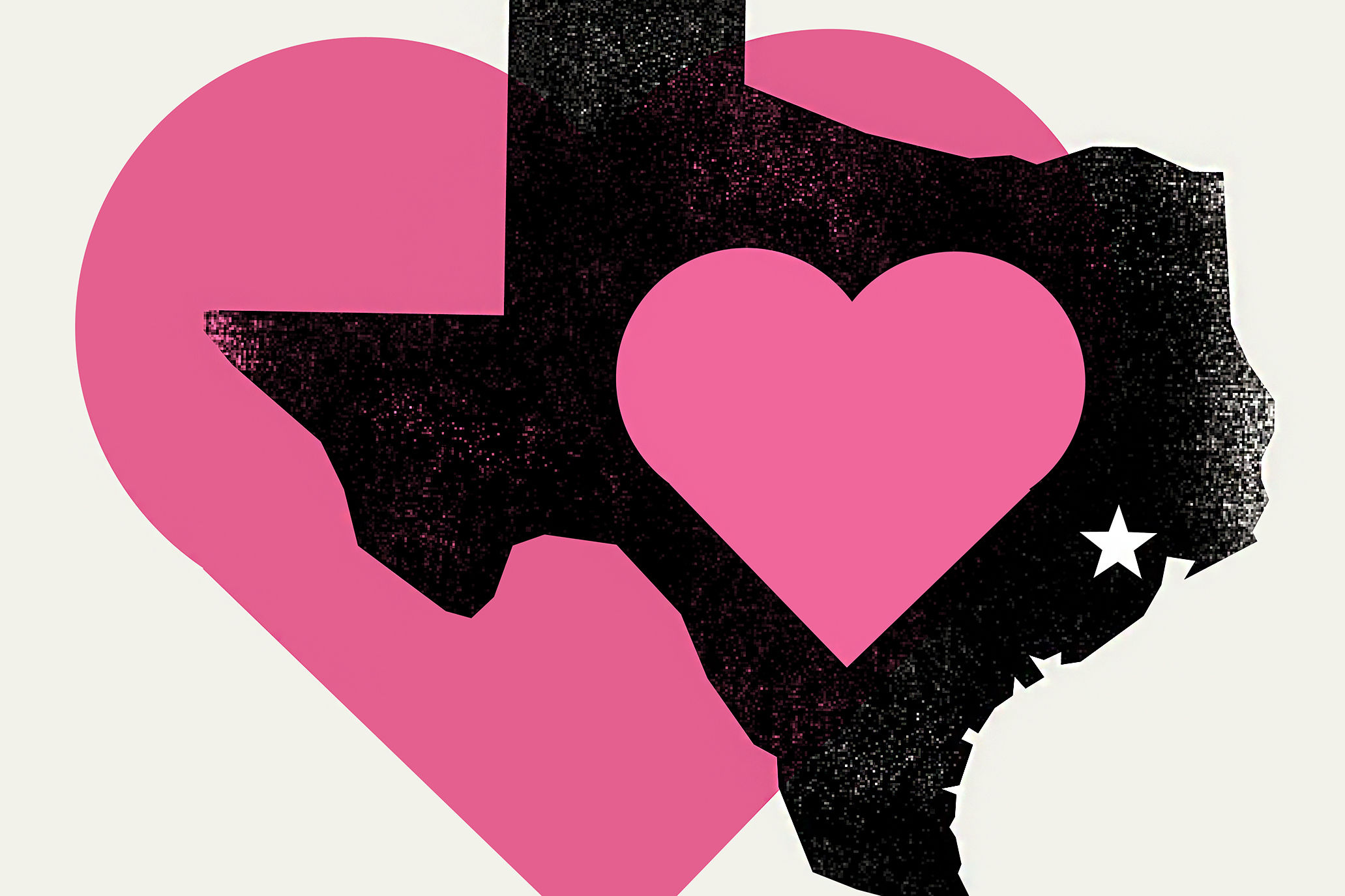What Does Houston's Real Estate Landscape Look Like After Harvey?

Image: Shutterstock
Last summer, a local couple made a big life decision. After much searching and debating, they decided to buy a ranch-style home in west Houston. The wife was pregnant, and it was time to settle in and get ready for the child’s arrival. Caroline Schlemmer, a realtor for Greenwood King Properties, helped them put a contract down. Then, Harvey hit and, in the middle of the storm, the U.S. Army Corps of Engineers started releasing water from the overtaxed Addicks and Barker reservoirs, inundating west Houston.
The home took on water, but only a few inches. The sellers promised to make any necessary repairs. Some weeks later, the couple, eager to move in, was prepared to go ahead with the sale. The freshly painted home looked fine. But Schlemmer urged them to have a licensed inspector test the structure for mold, air quality, and other signs of flood damage. And sure enough, they discovered that water had seeped up into the walls and cabinets. Everything from eye level down was still damp. There was also evidence of mold. “You couldn’t see it on the outside. None of it showed,” Schlemmer said. The realtor helped the couple get out of the contract and find a different house.
Schlemmer recounted this tale of woe with a happy ending—at least for the buyers—to three journalists, three realtors and an architect who gathered one recent evening at the Houstonia house to trade war stories, discuss the state of Houston real estate, and break down how buying a home in this town has changed. The consensus was that, overall, Houstonians—wary of experiences like the one Schlemmer’s clients had—are being careful, trying to make informed decisions. But make no mistake: They’re still buying houses like crazy.
Bill Baldwin of Boulevard Realty explained that, so far, Harvey hasn’t had as much of an effect as people might assume. He recalled the oil downturn that kicked off in July 2014. The drop in global oil prices—from highs of more than $100 to below $50 within six months—had a much greater impact. Despite some claims that Houston has diversified since the bad old days of the 1980s, the city still feels fluctuations in the energy market, he said, and the bust quickly led to a drag on real estate. “Developers had overbuilt in 2015, and were stuck,” he said. “We couldn’t sell in the latter part of 2015, and all through 2016. It took 2017 to get the market going again.”
In the months leading up to Harvey, the oil industry was perking up and Houston was again a seller’s market, with a scant supply of homes to choose from. People weren’t interested in anything that had been on the market for long, Baldwin said, but when it came to newly listed properties, the fight was fierce. “They preferred to be in a bidding war,” he said, “rather than to be bidding on a house that had been on the market for a while.”
Then Harvey hit, devastating the city and inundating more than 100,000 homes. For days and, in some cases, weeks afterward, water stood quietly lapping against the walls and furniture of homes that had never come close to flooding before.
Initially, the entire Houston real estate industry froze. Nobody was ready to buy or sell anything for weeks. Those who flooded faced a long haul ahead, with all the attendant anguish and tough decisions about their path forward. Meanwhile, buyers were nervous, and communities people had been eager to buy into previously were suddenly less appealing. Signs advertising “never flooded” homes began to appear.
But as the year moved toward its close, the market came back to life. Even the flooded areas garnered interest as speculators, and people simply looking for a deal, swept in. As of January, Baldwin said, the city was still issuing cease-and-desist orders to builders redoing flooded homes without proper permits. Many of those who rushed to purchase destroyed homes with plans to move in quickly found themselves out a significant chunk of change as they waited for permission to move forward from the city. “Some of these people who had been in a hurry to buy a house that flooded are going to have a financial consequence that they are not going to like,” said Baldwin.
Harvey didn’t stop people from buying; it changed the areas people are looking to buy into and their reasons for doing so, Schlemmer said. The numbers show Houston’s real estate business boomed last year. By the end of 2017, buyers had closed on more than 79,000 homes, pulling in about $23 billion in sales, 3.5 percent more than the previous year. And last year’s median home price of $229,900 was up 3.8 percent from 2016, according to a Houston Association of Realtors report issued in January.
Looking ahead, home values should continue to increase through 2018, although perhaps a bit more slowly than before. Buyers will want to keep an eye on interest rates, which, by the end of 2018, are expected to hit 5 percent on 30-year fixed loans for the first time since 2011, according to Realtor.com.
Inventory, low before the storm, remains slim, between people forced to find new places to live due to flooding and those just looking to buy. Experts predict a continued shortage, particularly in starter homes, as 2018 plays out.
This is not because Houstonians are blind to the new realities of life after Harvey: They’re just quick to adjust. Even the homes in badly flooded areas will find buyers willing to gamble if the price is right. They can remodel them and, in some cases, raise them up the way some in Galveston were built up after the 1900 Hurricane, Peter Merwin, an architect in Gensler’s Houston office, said. “I’m betting those car lifts that can raise a car up and keep it out of flood water are going to be a popular feature in new homes around Houston in the years to come,” he observed.
In the long term, according to David Houston, broker and founder of New Leaf Realty, the resale value of flooded homes will hinge on two rather unpredictable factors: the weather, and how Houstonians are feeling. Three major flooding events in as many years has had a profound effect on the psyche of most prospective homebuyers. “It is considered now in every purchase, and it will be for some time to come,” he said.
But Schlemmer pointed to Tropical Storm Allison, which dropped three feet of water in some parts of the city back in 2001, leading to deadly flooding and billions of dollars in damages in downtown Houston and the Texas Medical Center. That storm, which was seen as a fluke, didn’t significantly change home-buying patterns. “If it doesn't happen again for a while, or it doesn't happen again ever, there is no impact,” she said. “It depends on the frequency. No one can predict that.”








